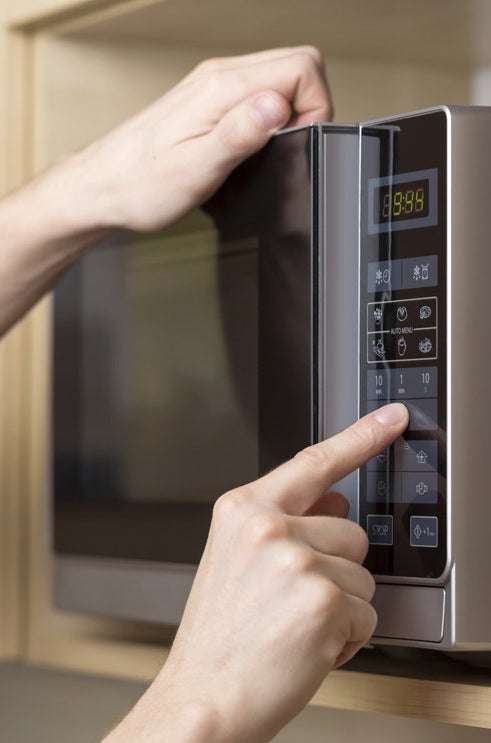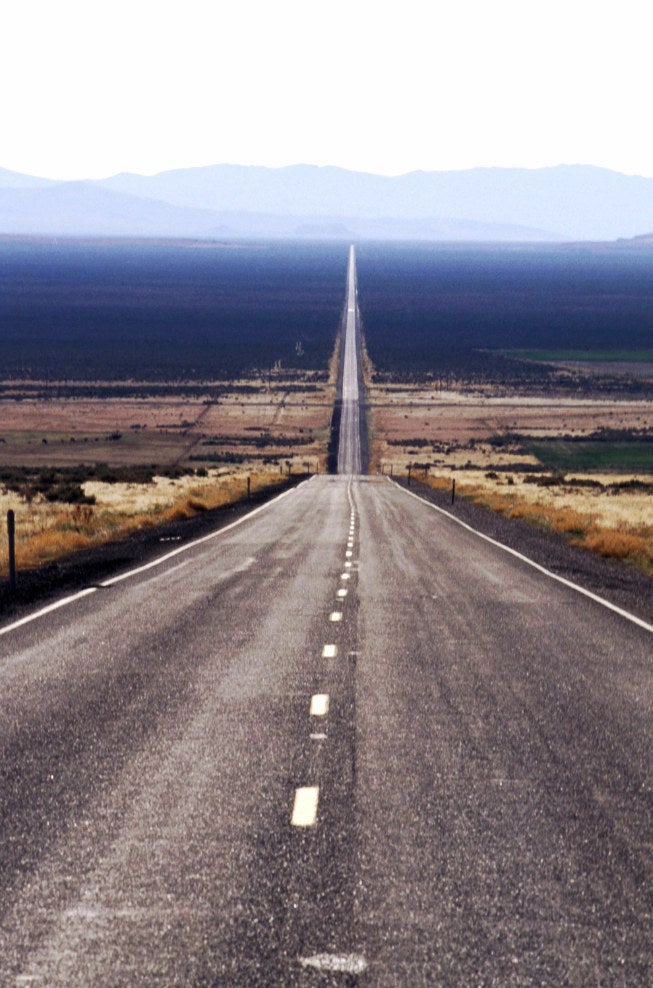1. Wireless signals were first discovered in the 1860s.


Radio waves were the first wireless signals. They were used to send information with morse code for ship-to-shore communication.
2. In 1973, the first mobile phone used wireless signals to place a call.


The call was made by Motorola employee Martin Cooper, who called Bell Labs in New Jersey from Time Square.
3. New York City, however, only has the third most wireless antennas per square mile of any city worldwide.


Tokyo and Hong Kong have more.
4. Using microwaves can slow down your internet speed.


Microwaves can interfere with the wireless signal that connects your devices to the internet. But only if the microwaves are directly blocking that signal. So, keep your pants on.
5. Bluetooth is named after a king who connected conflicted people, like Bluetooth connects devices wirelessly.


He was a Danish king named Blåtand, which means Bluetooth in English.
6. Wireless connection can span numerous miles.


This depends on how many other frequencies meet the wireless signal on its journey.
7. There is technology using RFID signals being developed to help blind people navigate public spaces.


This will send audio to an earpiece so that people can hear road signs and signals in place of seeing them.
8. Niue is the first and only country to have free wireless internet EVERYWHERE!


It's in the South Pacific, and It's awesome.
9. Wi-Fi is not the only type of wireless signal that allows you to access the internet.


3G, 4G, and LTE are just some of the other ways you can get online.
10. Chips in new credit cards send wireless signals that can be accessed by anyone on the street!


RFID chips make it easy for you to check out at stores with just the tap of your card. They also make it somewhat easy for people to access personal information by holding a smartphone close to your pocket.
Protect your digital life from illegal RFID scanning. Introducing, the READY Active jean and Work-it blazer protected by Norton.
Keep the chips in your credit cards secure at all times.
